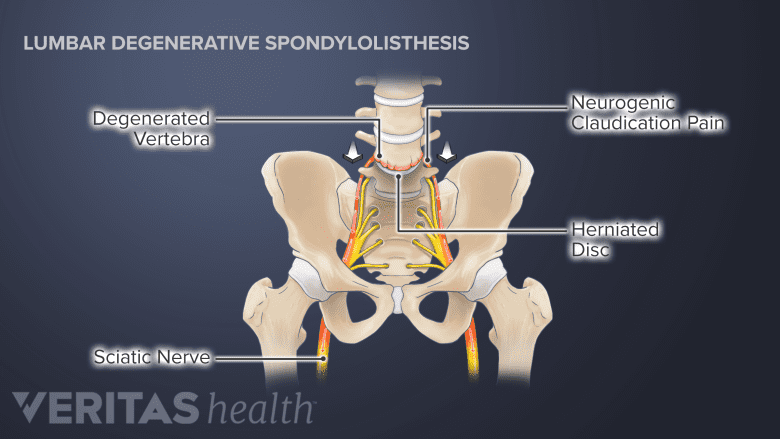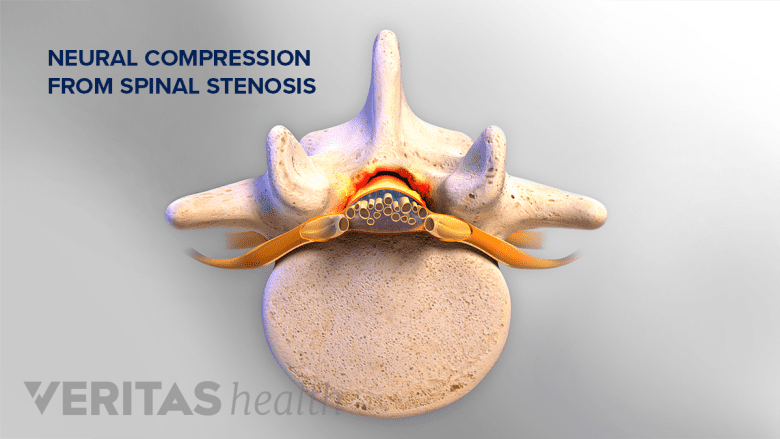Getting a good night’s sleep can be difficult when an individual is recovering from back surgery or has chronic back pain. For anyone who has difficulty getting or staying comfortable enough to sleep on a flat mattress, it may be worth considering if an adjustable bed is a better alternative.
Sleeping on an adjustable bed allows the upper body to rest at a slight incline, such as 30 to 45 degrees, with support under the knees so they bend at a slight angle.
An adjustable bed has the potential to help anyone who feels better in an inclined position, such as when sitting in a recliner, rather than when lying on a flat mattress. It is not uncommon for people with back or neck pain, or other joint conditions such as shoulder arthritis or pain, to feel better in this position.
In This Article:
- Using an Adjustable Bed for Back Pain
- Considerations Before Buying an Adjustable Bed
Back Conditions that May Benefit from an Adjustable Bed
For some people, sleeping in an inclined or semi-upright position may be more comfortable than lying on a flat position. Certain lower back and neck positions, in particular, may be less aggravated with an adjustable bed. For example:
Degenerative spondylolisthesis
Sleeping with knee support in a reclining position eases degenerative spondylolisthesis pain.
For some people with degenerative spondylolisthesis, sleeping in a reclining position with support under the knees can reduce some of the pain or discomfort in the lower back, making it easier to sleep through the night.
Osteoarthritis
An adjustable bed reduces morning stiffness and pain in individuals with spinal osteoarthritis.
Individuals with osteoarthritis in the spine, or facet joint arthritis, often wake up feeling quite stiff and sore in the morning. Sleeping on an adjustable bed may provide better support and therefore decrease the irritation by minimizing joint compression.
See Facet Joint Osteoarthritis
Spinal Stenosis
An adjustable bed provides greater comfort for individuals with spinal stenosis compared to a flat mattress.
People with lumbar spinal stenosis most often feel more comfortable when bending forward instead of standing up straight. Likewise, sleeping on a flat mattress can sometimes be less comfortable for people with stenosis than sleeping in the reclining position, such as that afforded by an adjustable bed.
After having low back surgery or neck surgery, some patients feel that an adjustable bed is more comfortable than a flat mattress. Like most choices when it comes to mattresses, this is largely a matter of personal preference.
Personal Preference
It is important to remember that the patient’s personal preference for sleep comfort and back support should ultimately determine which type of bed or mattress is best. There is no single type of bed or mattress that works for all patients.
See Mattresses and Sleep Positions for Each Back Pain Diagnosis
The bottom line is that whichever bed or mattress allows a patient to sleep comfortably and without additional pain or stiffness is the best choice for that individual.








